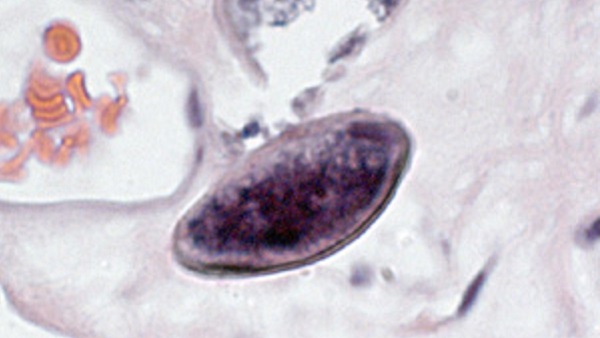Key points
- Washing your hands with soap and warm water is the most important way to prevent the spread of pinworms.
- Teach children the importance of washing their hands.
- To prevent repeat infections, treat the person infected with pinworms, their caretakes, and members of their household, at the same time.

Overview
To prevent pinworm infection from spreading to others, becoming infected yourself, or reinfected
- Wash hands often with soap and warm water. This is especially important
- After using the toilet
- After changing diapers
- After touching people who have pinworm or after handling items they have used, and
- Before handling food.
- After using the toilet
- Teach children the importance of washing their hands thoroughly and often.
- Avoid scratching the area around the anus and avoid biting nails.
- Keep fingernails clean and short. Trim and scrub them after treatment.
- Bathe every morning and change underwear to help remove pinworm eggs deposited overnight.
- Have children bathe separately instead of together.
- Take a shower instead of a tub bath because tub water can spread pinworm.
- Don't share washcloths or reuse them.
- Have children bathe separately instead of together.
- Change the affected person's clothes, (night clothes and underwear), washcloths, towels, and bedding often. Avoid shaking them.
- Handle those items carefully and wash them in hot water, at least 130°F. Dry them in a hot dryer. The heat will help kill pinworm eggs.
It is especially important that everyone in the household follow these steps for two weeks after the last treatment dose to prevent further spread. Repeat infections are common, especially among household members or playmates at a childcare center or school.
See recommendations on how to control pinworm infection in facilities or institutions.
Did you know?
You're extremely unlikely to get pinworm infection in a swimming pool. You also can't get infected from your pets or give your pets pinworms.
